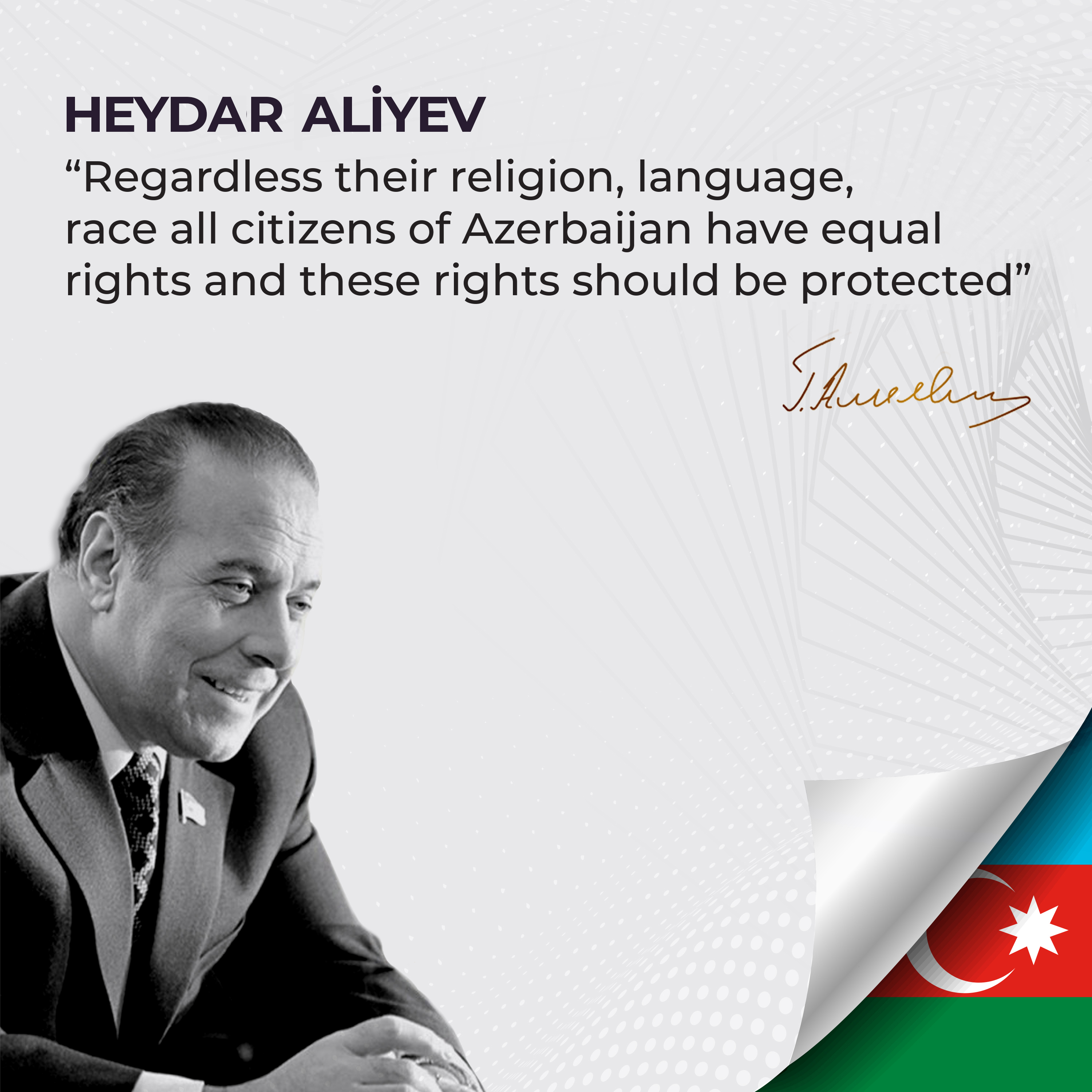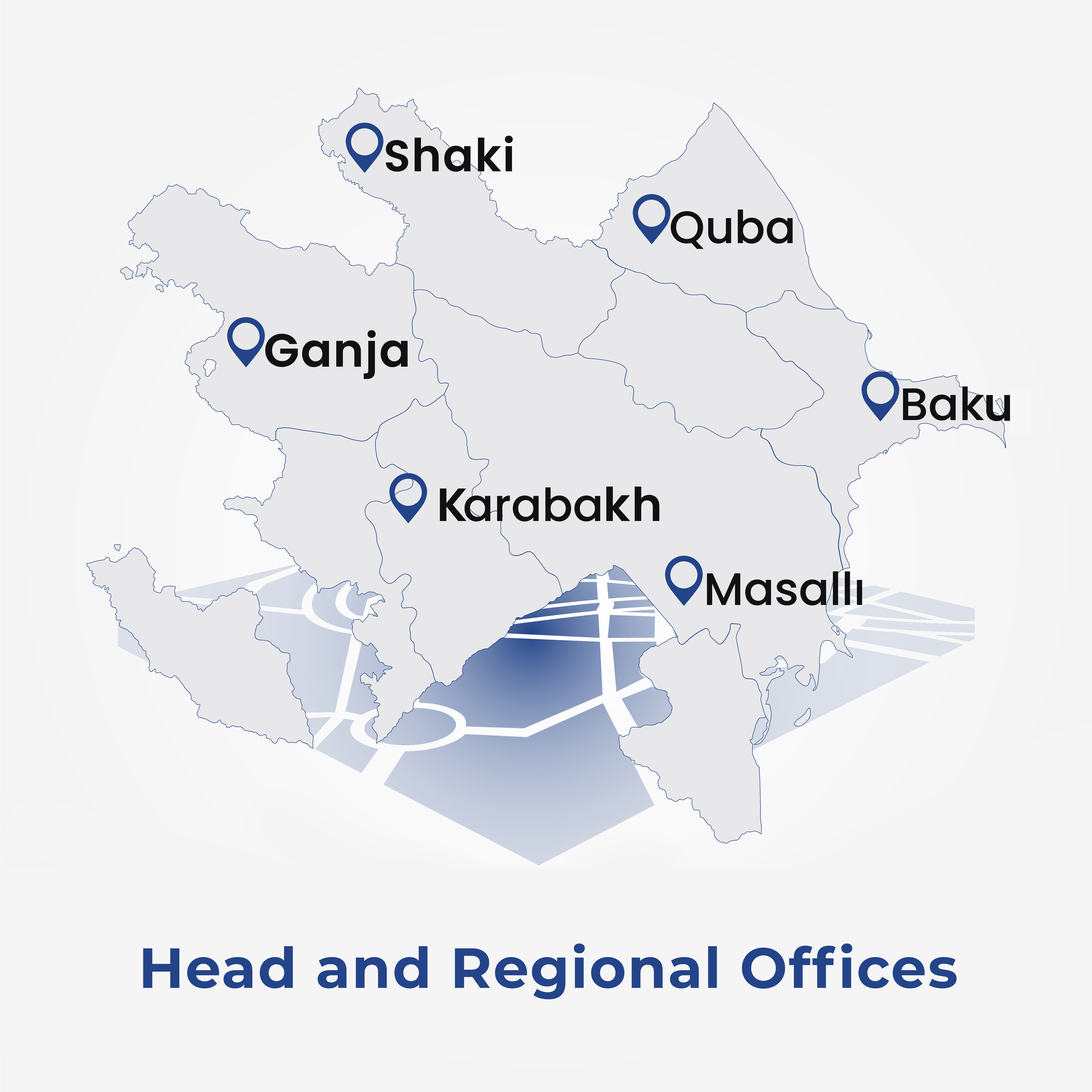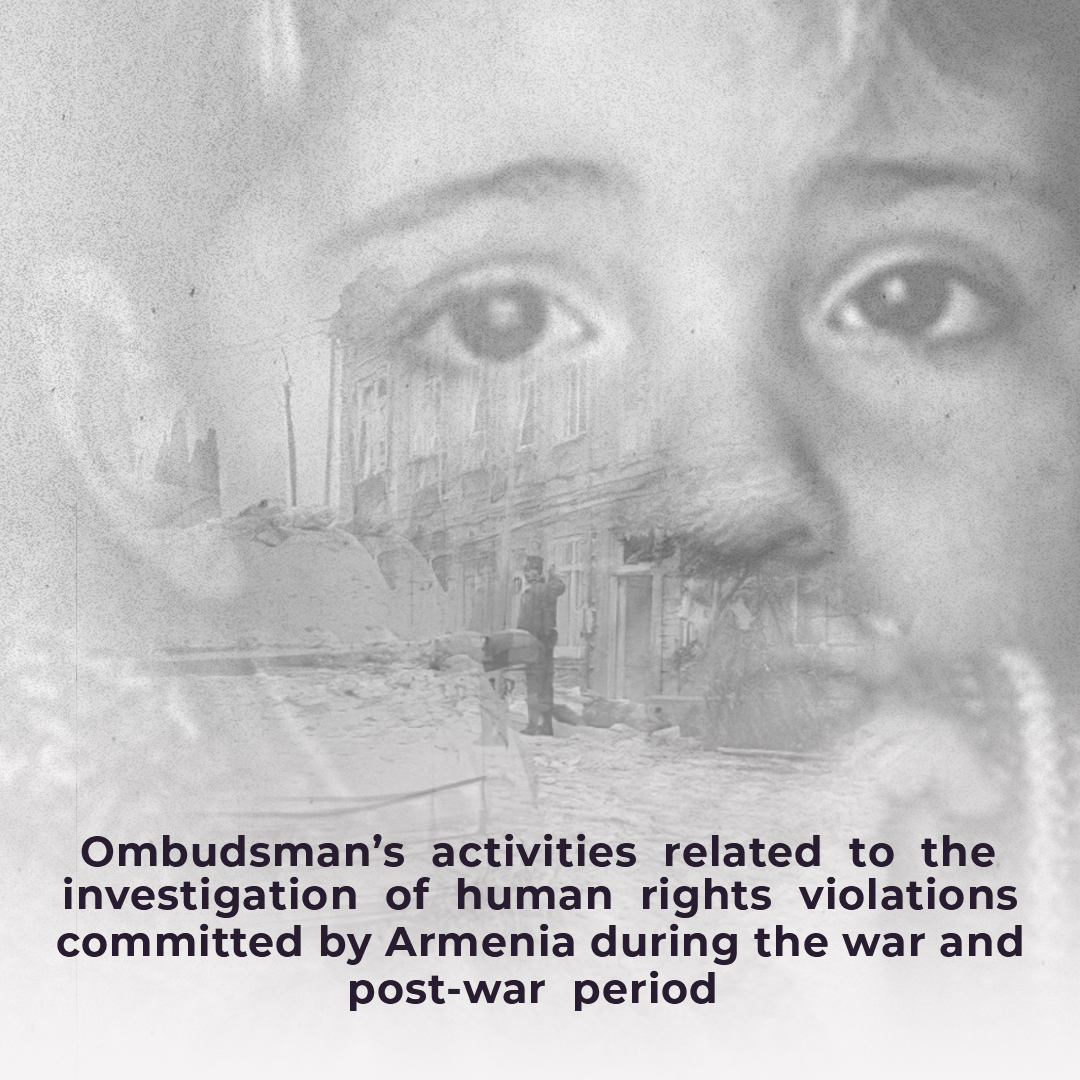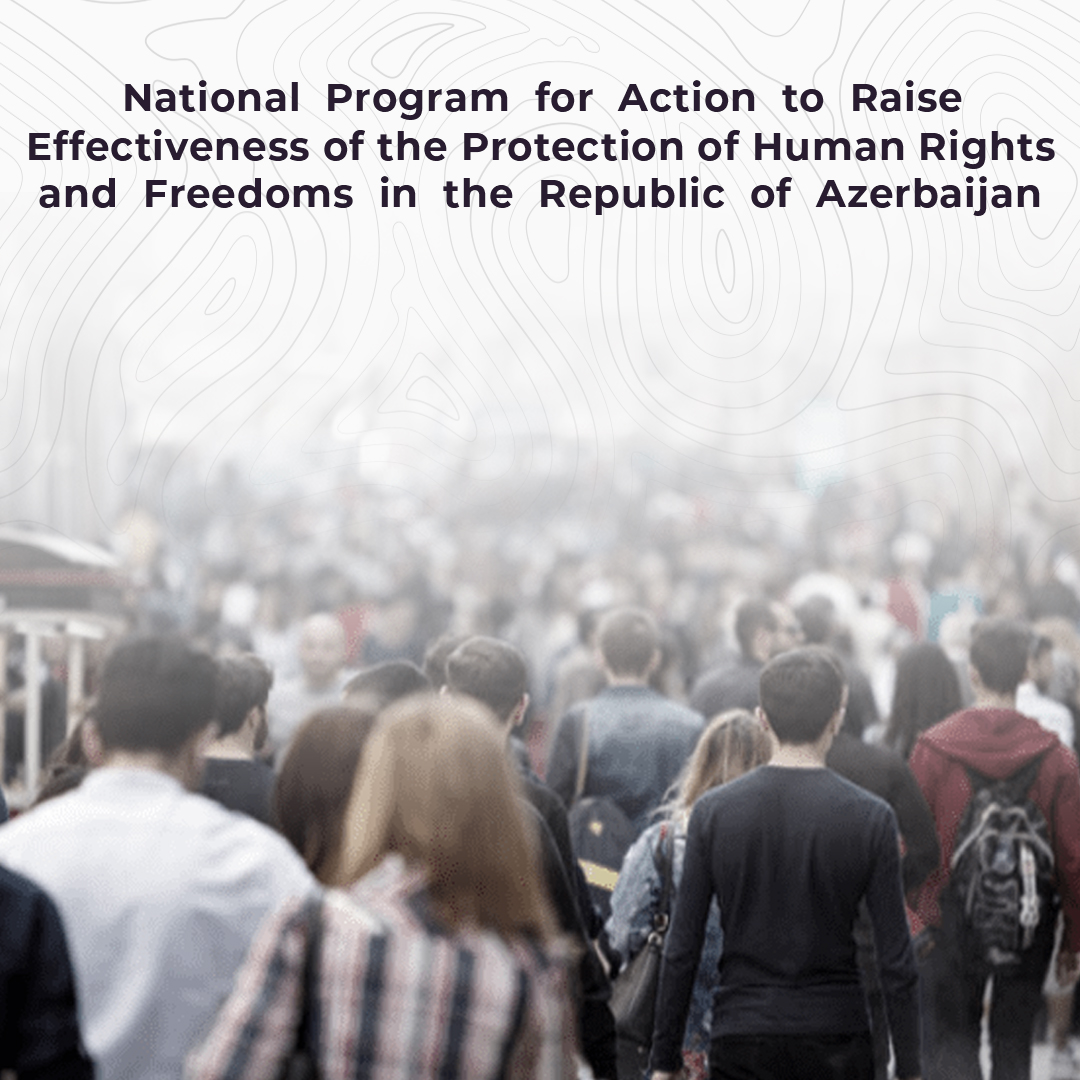
- Home page
- Commissioner
-
Activity Directions
- Mental Health and Human Rights
- Protection of the Rights of Population Groups
- Protection of the Right to Information
- Independent Monitoring Mechanism
- Legal Education
-
International Cooperation
- Cooperation with international organizations
- Cooperation with non-governmental organizations
- Study visits
- Projects
- Statements addressed to the international organizations
- “Ad hoc” reports
- Parallel and alternative reports submitted to the UN Treaty Bodies
- Oral and written statements submitted to the UN Human Rights Council
- Memorandums of cooperation
- Baku Declarations of Ombudspersons
- International Baku Forum
- Scientific Analytical Work
- Cooperation with Public and Civil Society Organizations
- Business and Human Rights
- National Preventive Mechanism Against Torture
- Protection of Human Rights
- Documents
- Media
- Live
- Contact
- Home page
- Commissioner
-
Activity Directions
- Mental Health and Human Rights
- Protection of the Rights of Population Groups
- Protection of the Right to Information
- Independent Monitoring Mechanism
- Legal Education
-
International Cooperation
- Cooperation with international organizations
- Cooperation with non-governmental organizations
- Study visits
- Projects
- Statements addressed to the international organizations
- “Ad hoc” reports
- Parallel and alternative reports submitted to the UN Treaty Bodies
- Oral and written statements submitted to the UN Human Rights Council
- Memorandums of cooperation
- Baku Declarations of Ombudspersons
- International Baku Forum
- Scientific Analytical Work
- Cooperation with Public and Civil Society Organizations
- Business and Human Rights
- National Preventive Mechanism Against Torture
- Protection of Human Rights
- Documents
- Media
- Live
- Contact
Call center
916
A Staff Member of the Ombudsman Office participated in the International Conference
The Geneva Center for Democratic Control of Armed Forces (DCAF) held an international conference on "International Humanitarian Law and Promoting Mental Health in the Armed Forces" in Garmisch-Partenkirchen, Germany. Ms. Raida Amirbayova, the Head of the Monitoring Unit at the Ombudsman Office, took part in the international training, which was attended by 23 representatives from 10 countries.
During the conference, while speaking at the session on "Promotion of International Humanitarian Law" ("hereinafter referred to as IHL"), the representative of the Ombudsman Office briefed on the norms of IHL violated by Armenia in the First and Second Karabakh wars, as well as the massive mining of Azerbaijani territories by the Armenian armed forces and illegal armed groups during the occupation and the failure of it to hand over accurate mine maps to our country. In her speech, R. Amirbeyova also gave information that Azerbaijan has not yet been provided with information on the persons who went missing in the First Karabakh War and that during the Second Karabakh War, Ganja, Barda, and other big cities were attacked with prohibited weapons under the instructions given by the Armenian military and political authorities, and children were involved in military operations against Azerbaijan and Armenia's other war crimes.
The facts of torture and inhumane treatment of Azerbaijani POWs and hostages during their captivity in Armenia, which were revealed during the investigations conducted by the Ombudsman while visiting those released from captivity after the end of the Second Karabakh War, have been brought to the attention of the participants.
In the discussions during sessions, the representative of the Ombudsman informed the participants about the consecutive visits of the National Preventive Group conducted to the institutions where Armenian citizens, who were arrested for committing criminal acts in our liberated territories as terrorist-sabotage groups, were held. It was also said that during the systematic visits, the requirements of the legislation were observed, their rights were ensured, and they were provided with the necessary medical and psychological services.
- National preventive mechanism against torture
- Protection of the rights of population groups
- Protection of the rights of refugees, IDPs and migrants
- Protection of the rights of detainees and prisoners
- Protection of the rights of military servants
- Protection of women's rights and provision of gender equality
- Protection of child rights
- General
- Legal awareness
- Protection of the rights of older people
- Protection of the rights of persons with disabilities
- Cooperation with public and civil society
- National preventive mechanism against torture
- International cooperation
- Non-Governmental Organizations
- Public hearings
- Mass media
- Business and Human Rights
- Protection of the rights of martyrs' families and war veterans
- Protection of the rights of migrants
- Prevention of discrimination and ensuring equality
- Right to information
- Mental health
- .
-

- The Ombudsman participated in the International Conference on “Artificial Intelligence and Human Rights: Opportunities, Risks and Visions for a Better Future” in Qatar.
-

- The Ombudsman sent letter to UN High Commissioner for Refugees regarding protection of rights of persons deported from Armenia.
-

- A representative of the Ombudsman Office took part in an event organized by the Ministry of Energy.
-

- The Ombudsman’s representatives participated in the Pardon Decree Enforcement Ceremony.
-

- A series of legal awareness events were organized by the Ombudsman's Regional Centers.
-




